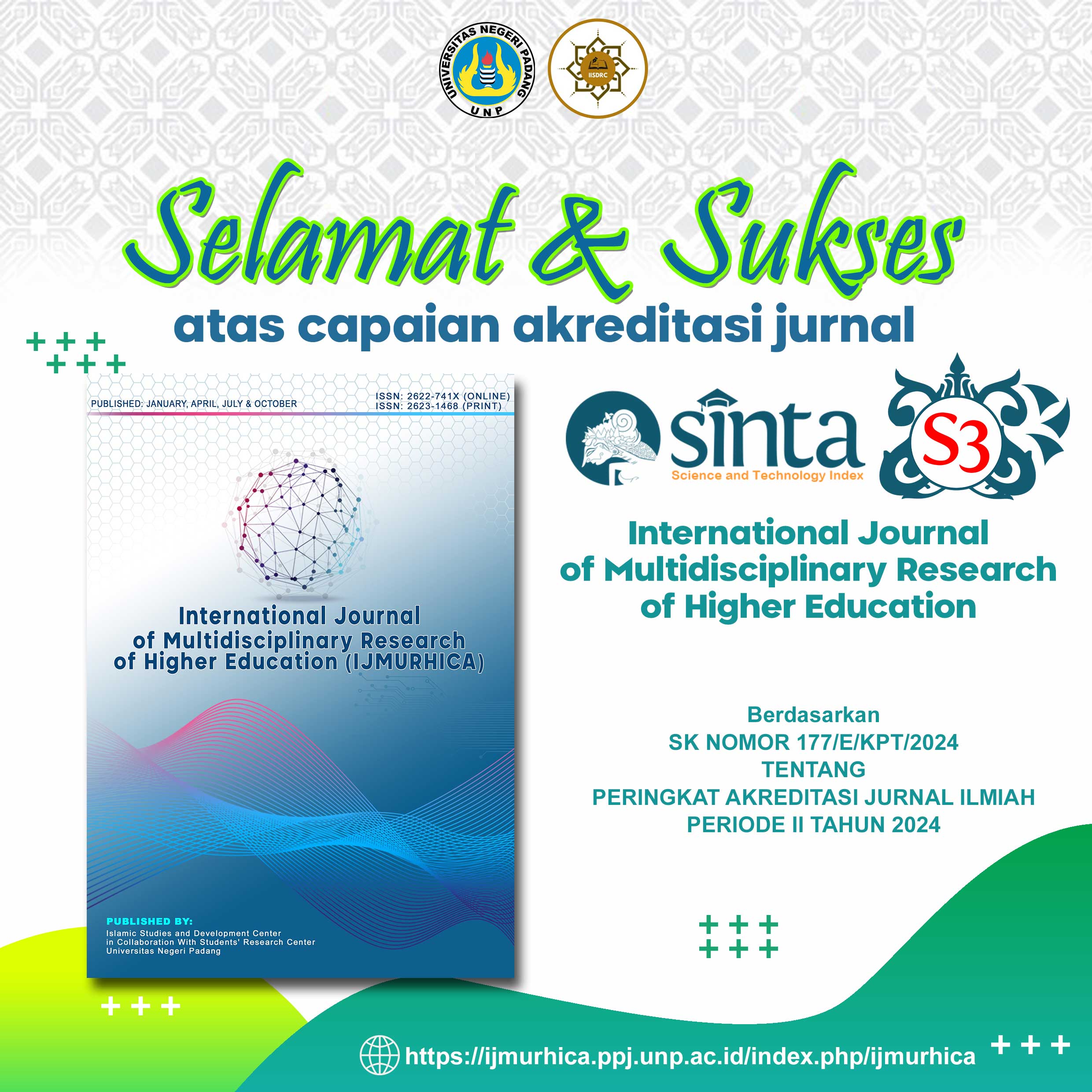Analysis of Students' Mastery Levels in Using Integer Operations in Elementary School Mathematics Learning
DOI:
https://doi.org/10.24036/ijmurhica.v8i1.283Keywords:
: Integer operations, mathematics, learning, student activityAbstract
This study aims to evaluate the mathematical problem solving skills of elementary school students. This research uses a mixed method design that integrates qualitative and quantitative approaches, the research data source consists of 16 elementary school students who were selected as samples to obtain representative data. In this study, the number of participants involved was 16 learners who became quantitative respondents. Quantitative data is obtained through questionnaires or other measurement instruments that collect numerical information to be analyzed statistically. Meanwhile, for qualitative data, researchers conducted in-depth interviews with several qualitative informants consisting of 5 learners. The instruments used in this study consisted of questionnaires to collect quantitative data and interview guidelines to obtain qualitative data. Quantitative data analysis, researchers used SPSS as a statistical analysis tool. Then qualitative data, researchers applied thematic analysis. The results showed that 56% of students had not reached the Minimum Completion Criteria, indicating that they still had difficulty in solving problems effectively, especially in terms of identifying relevant information and applying the right formula. Based on the results of interviews, one of the main obstacles faced by students in solving math problems is the lack of understanding of the problems given. In addition, many learners have difficulty in documenting the facts contained in the problem appropriately.
Downloads
Downloads
Published
How to Cite
Issue
Section
License
Copyright (c) 2025 Fitri Anggraeni, Sutrisni Andayani, Dwi Rahmawati

This work is licensed under a Creative Commons Attribution-ShareAlike 4.0 International License.






